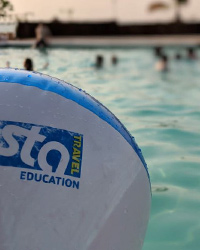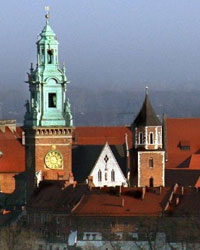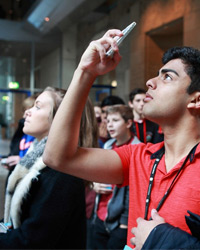The lure of Iceland for school groups
 Arctic Direct
Arctic DirectIf you are interested in hearing a bit more about how Arctic Direct can help you with planning your next school visit then why not get in touch here.
Ski Trip Norway
A quality resort with short travel time from the UK and opportunity for additional experiences - like the magnificent Norwegian fjords.
view details..
The 3 P's of school trips
 Molly at STA Travel guides us through the stages teachers need to go through when booking an overseas trip.
Molly at STA Travel guides us through the stages teachers need to go through when booking an overseas trip.
Enhancing Soft Skills on an Overseas Tour
 Soft skills are important in achieving success in life. Group activities develop social skills, opportunities for wider personal development
Soft skills are important in achieving success in life. Group activities develop social skills, opportunities for wider personal development
School History Tours Poland
 Historic student study tour to Poland taking in Auschwitz, Krakow and Warsaw. History and culture for GCSE pupils.
Historic student study tour to Poland taking in Auschwitz, Krakow and Warsaw. History and culture for GCSE pupils.
Inspire your students to take up a career in STEM at CERN
 Find out how CERN could be the answer to igniting your students' interest in the world of STEM
Find out how CERN could be the answer to igniting your students' interest in the world of STEM
Jersey School Tour
 Sweet Chariot have taken hundreds of tours to Jersey opening up opportunities for schools with its itineraries.
Sweet Chariot have taken hundreds of tours to Jersey opening up opportunities for schools with its itineraries.


 Subscribe
Subscribe